Poverty reforms are urgently needed because Nigeria’s poverty crisis is not just about income. It is multidimensional, touching on access to health, education, clean water, electricity, and security. According to the National Bureau of Statistics, 63% of Nigerians were classified as multidimensionally poor in 2022, translating to about 133 million people deprived of basic needs. The situation has hardly improved, with inflation, insecurity, and rising living costs deepening hardship since then.
A recent communique by the Daily Trust Board of Economists, chaired by Dr. Shehu Yahaya, argues that Nigeria needs a fundamental rethinking of its priorities. Their central argument is simple but urgent: Nigeria cannot build its way out of poverty with expensive highways while classrooms remain empty and hospitals underfunded.
Redirecting Resources from Megaprojects
Infrastructure is vital for economic growth, but the Board warns that project choices and costs matter. The Lagos-Calabar coastal highway, currently priced at about ₦15.6 trillion, was cited as an example of disproportionate spending. At $14.5 million per kilometer, the project is vastly more expensive than similar roadworks in Egypt or Zambia.
The danger, as the Board stresses, is that such spending diverts funds away from education, healthcare, and agricultural investments; poverty reforms can directly improve people’s lives. In a country where rural poverty stands at 72%, and maternal and child health indicators remain alarming, this is a costly trade-off.
Health and Education: The Frontline of the Battle
Nigeria’s healthcare system continues to struggle with accessibility and affordability. With out-of-pocket expenses making up nearly 80% of total health spending, families are pushed deeper into poverty by medical costs. Preventable diseases like malaria and pneumonia still kill thousands each year, while malnutrition remains stubbornly high.
Education paints an equally worrying picture. Public spending on education is less than 1% of GDP, far below UNESCO’s recommended 4–6%. The consequences are visible: poor learning outcomes, a literacy rate trailing neighbors like Ghana, and millions of children, especially in northern states, out of school. In contrast, South Africa spends over 6% of its GDP on education, helping it achieve higher literacy and human development indicators.
If Nigeria is serious about tackling poverty, scaling up investment in primary healthcare and basic education, and broader poverty reforms must be its frontline strategy.
Agriculture and Food Security: Breaking the Cycle
Agriculture employs more than one-third of Nigeria’s workforce, yet farmers remain trapped in low productivity cycles. Climate change, insecurity, and poor infrastructure worsen the crisis. Post-harvest losses can reach 50% in some regions due to inadequate storage and poor market access.

Here, the Board’s recommendations are practical: improve rural roads, expand irrigation, mechanize farming, and adopt climate-smart practices. More importantly, stabilizing food supply and ensuring affordable inputs for farmers could reduce inflationary pressures that currently cripple households.
Kenya’s success with horticultural exports and Ethiopia’s investment in irrigation systems offer lessons. Both show that targeted agricultural and poverty reforms can turn rural poverty into rural opportunity.
Security and Regional Dynamics
The poverty crisis in Nigeria is inseparable from insecurity. Banditry, kidnappings, and violent extremism thrive in regions where poverty is deepest. The Sahel as a whole, spanning Mali, Niger, Burkina Faso, Chad, and northern Nigeria, illustrates this deadly link between deprivation and instability.
The Board argues that breaking this cycle requires both local action and regional cooperation: joint trade corridors, shared security strategies, and integrated markets that spread opportunity rather than conflict.
Poverty Reforms as a Path to Human Development
The Board emphasizes that without deliberate poverty reforms, Nigeria risks pouring billions into infrastructure while leaving human development indicators stagnant.
Macroeconomic Stability Matters Too
It is worth noting that the federal government has made strides in macroeconomic stabilization. Exchange rate reforms, tighter monetary policy, and revenue mobilization have improved fiscal health. However, the benefits are not yet trickling down. Small businesses face high borrowing costs, while households bear the brunt of higher fuel and electricity prices. Stability without social cushioning risks entrenching poverty instead of alleviating it.
Human Well-Being as the Measure of Progress
The Board of Economists is clear: fighting poverty requires more than growth figures or flashy infrastructure. It requires investing directly in people, through affordable healthcare, quality education, and agricultural transformation.
The takeaway is that governance must be judged not by kilometers of asphalt or skyscrapers rising, but by whether the average Nigerian can afford food, send a child to school, and access a doctor without sliding deeper into poverty.
For Africa as a whole, Nigeria’s path matters. As the continent’s largest economy and most populous nation, its choices will shape regional stability and prosperity. The call is simple but powerful: rethink priorities, spend wisely, pursue bold poverty reforms, and put human well-being at the centre of policy.
Read also: Dangote Raises Alarm: Cheap Russian Fuel Could Destroy Africa’s Refining Industry



